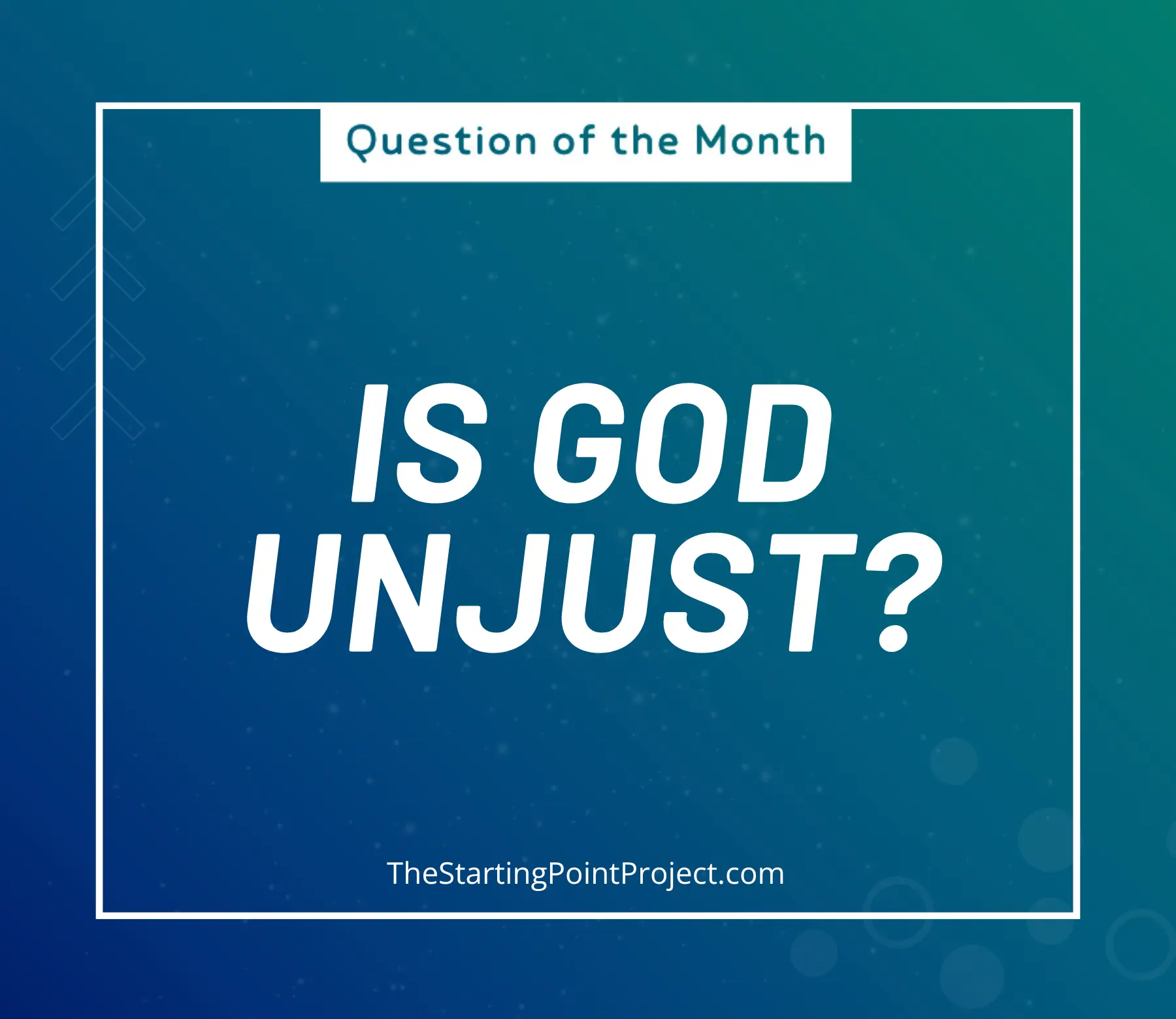Sometimes when you hear a question, your response might be, “What in the world is that all about?” Sometimes the question can even convey harsh judgment or condescension. For example, if someone asked, “Do you even have a brain?” no one would be surprised if you were a bit insulted by such a question
In the case of our Question of the Month, it may seem to convey similar disrespect. However, no such thing is intended. I am simply using it as an attention-grabber to take you through a critical thinking exercise.
According to the Merriam-Webster dictionary, an opinion is “a view, judgment, or appraisal formed in the mind about a particular matter.” Fair enough, and pretty straightforward.
Some statements are self-refuting. For example, if I verbally stated, “I cannot speak even a single word in English,” it would be obvious that this statement itself is self-contradictory. It would be very similar if I stated, “It is my opinion that I am completely incapable of formulating opinions.” If that truly is my opinion, then I have proven I am capable of formulating opinions. On the other hand, if it’s true that I cannot formulate opinions, then that is not actually my opinion because I am not capable of having opinions.
Thinking through these types of things requires critical thinking. I’ve mentioned this skill many times in my talks and previous articles. It is very easy to be duped by others if your critical thinking skills are weak.
Let me share one example of what might occur in a public-school classroom or state university. While teaching about evolution, the teacher or professor might tell the students that fish were swimming in the oceans millions of years ago, but food became scarce, so they evolved lungs to enable themselves to move onto land and find new sources of food. The students might think, “Well, that makes sense. I mean, they had to do something, or they would go extinct.”
Wait a minute (i.e., let’s use some critical thinking skills here). How do the fish even know about “land”? How do they know what air is? How do they know they need lungs to breathe air on land? How do they know what lungs are? And even more importantly, how do they make lungs when all they have is DNA to make fish parts? They can’t intentionally and intelligently change their DNA. And even if they did, one bit at a time, how would they survive along the way when they can’t breathe underwater anymore but aren’t capable of living on land yet either? If you do even a little thinking, it doesn’t make any sense. So, keep the students busy, don’t give them time for discussion, but make sure they know it will be on the exam. They need to regurgitate it if they want to pass the class.
Let’s return to our question, “Do atheists have opinions?” In order to form an opinion, you must review and evaluate the information you have gleaned regarding a particular person, place, or thing. You will use what you already believe to conduct your assessment and come to a conclusion regarding the topic at hand. It is entirely your choice as to what you decide. It is “your opinion.”
But wait a minute. Atheists believe the only things that exist are matter and energy. There’s no supernatural entity, no soul, no spirit. Everything is matter and energy, which are interchangeable, meaning you can convert matter to energy and energy to matter. The true atheist (one that is consistent with his or her beliefs) believes everything is deterministic. In other words, whatever happens, is what is going to happen. We do not control that. In order to control it, there would have to be something outside of matter and energy capable of controlling how matter and energy interact. Christians (and other non-atheists) would call this something “volition.” Merriam-Webster defines volition as “the act or power of making choices or decisions without being influenced by other people.” Christians believe we are “created in the image of God” (Genesis 1:26-27). God is a Spirit and has given us a spirit through which we can make choices. We are volitional beings that can make choices based on our self-determined opinions.
An atheist, on the other hand, believes they are just pawns in a world that never had them in mind. Space limits me from sharing all the details, but in one lengthy conversation with a prominent atheist, he admitted he is only doing whatever his particles cause him to do. After I pushed him a bit on that issue, he became frustrated, not having rational responses to my challenges. All of a sudden, his eyes got big, and there was a smile on his face. He thought of something he felt would put me in my place. “Now you’re talking about the conscience.
Scientists have been debating the conscience for years!” I said, “You’re right, they have. But all of their theories have to come down to particles moving a certain way, because that’s all that exists. The simple fact that scientists have given a name to some concept they don’t understand (the conscience) isn’t an answer to any of the questions I asked.” We were actually having fun with our conversation, and he was very pleasant and very intelligent. We both wished we could sit and talk every day, but over 2,000 miles separate us when I’m not traveling.
Having an opinion requires volition. I believe all atheists have volition because they are created in the image of God. Sadly, they are using that volition to reject their Creator (Romans 1:18-23). God will not force them to believe in Him, but there are also consequences for their unbelief, which can be found in the remainder of Romans 1 (vv. 24-28).









